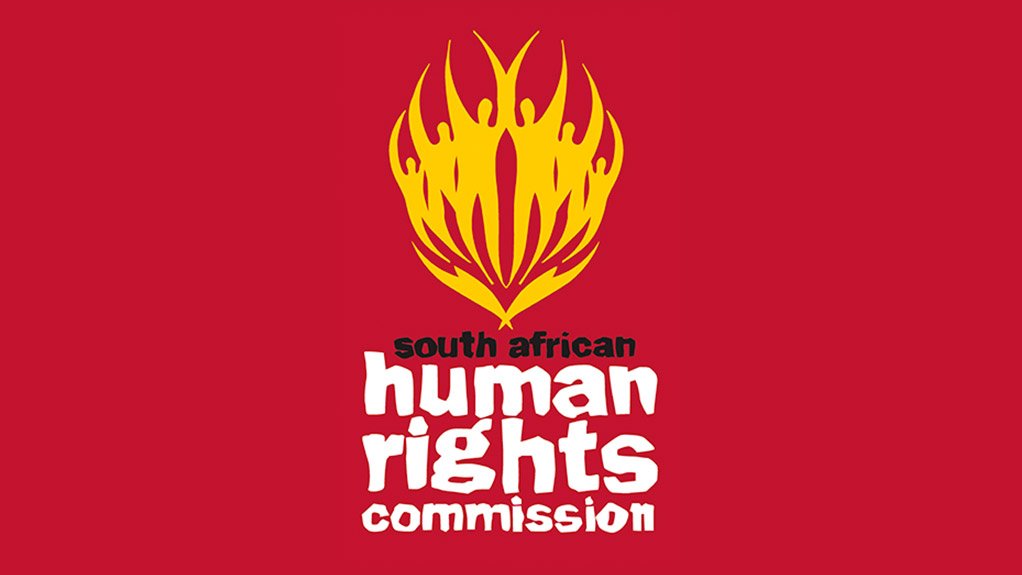/ MEDIA STATEMENT / The content on this page is not written by Polity.org.za, but is supplied by third parties. This content does not constitute news reporting by Polity.org.za.
On 7 February 2000, the United Nations General Assembly adopted a resolution officially designating 25 November as the International day for the Elimination of Violence against Women and in doing so, inviting governments, international organisations as well as non-governmental organisations (NGOs) to cooperate in the organisation of activities designed to raise public awareness about gender based violence (GBV).
Additionally, 25 November is a significant day as it marks the commencement of the globally observed 16 days of activism for no violence against women and children.
Figures from Statistics South Africa (Stats SA) indicate that the majority of perpetrators of violence against women were known by their victims and were often intimate partners, relatives, or friends. It is particularly concerning that women are as vulnerable in their personal spaces, such as homes and workplaces, as they are in public spaces. There is also evidence of an intrinsic link between socio-economic status and economic exclusion of women, and their vulnerability to forms of gender-based violence (GBV) and their ability to seek recourse when GBV has taken place in South Africa.
This fact has been particularly obviated during the National Lockdown - implemented in terms of the National Disaster Management Act 57 of 2002 - in response to the global, deadly COVID-19, pandemic, which saw an escalation in gender based violence, largely directed against women, who were confined to their homes in an effort to stop the spread of the virus.
The lockdown has also demonstrated that inadequate lighting and sanitation in informal settlements have had a negative impact on women’s sense of safety in these communities. Previously studies by the SAHRC have indicated the vulnerability of women to harassment and sexual assault, when accessing sanitation facilities that are a distance from one’s home. Lockdown exacerbated such issues.
This year is therefore a particularly significant year in terms of the experiences of women as it relates to violence during the COVID 19 lock down. It is the hope of the Commission that the 16 days will bring to the fore more information in that regard. The Commission must also emphasise the need for the criminal justice system to hold perpetrators accountable.
The high levels of violence against women are without a doubt the result of persisting cultural prejudices, patriarchal norms, and other skewed power relations. Following a visit to South Africa in 2016, the United Nations (UN) Special Rapporteur on Violence Against Women highlighted that the GBV pandemic in South Africa is rooted in unequal power in gender relations, patriarchy, homophobia, and sexism, amongst other harmful discriminatory beliefs and practices. Such violence is reinforced by widespread use of drugs and alcohol, and high unemployment. GBV was also partly attributed to the divisions on the basis of race, class and gender, inherited from its violent apartheid past.
As a National Human Rights Institution (NHRI), the South African Human Rights Commission (the Commission or the SAHRC) is cognisant of the crucial role it plays in monitoring the state’s progress toward combating violence against women and girls, and GBV in all of its forms. The SAHRC is also responsible for monitoring state compliance with international and regional instruments; domestic legislation and national programmes; and achieving the objectives articulated in the Sustainable Development Goals (SDGs) and National Development Plan (NDP).
The SAHRC welcomes the adoption of the new National Strategic Plan on Gender-Based Violence and Femicide, which aims to coordinate a national response to the crisis of GBV and femicide by the government of South Africa and South Africa as a whole.
In light of this, the Commission continues to work with Civil Society Organisations and other Chapter 9 Institutions to address stigma and prejudices, and promote the rights of women of members of the LBGTIQ+ community in the country. One recent example of this has been the training conducted last week in the North West Province by the SAHRC to community advice offices affiliated to the Community Advice Offices South Africa (CAOSA).
The training empowered selected community advice offices responsible for implementing the CAOSA Gender Based Violence project, which is aimed at promoting access to justice for victims and survivors of GBV. The human rights monitors will conduct monitoring and collect data on GBV from communities, businesses and state institutions in order to advocate for the reform of legislation and policy framework governing GBV. The Commission will also continue to generally monitor and assess the observance of women’s rights to equality, human dignity, freedom and security of the person and socio-economic rights in terms of its constitutional mandate.
Access to information and accurate data remains a particular hurdle to all parties’ efforts to devise targeted interventions to combat GBV with a lack of access to the necessary statistical data. The Commission notes that technological advances provide a platform to bridge this particular gap.
The Commission therefore calls on all members or society to contribute to the eradication of the elimination of violence against women through their respective communities. There remains a huge need to address and eradicate cultural and traditional practises that normalise and contribute to violence against women and girls, and this is one area that each person can contribute to through respective means. It is the hope of the Commission that through a concerted effort, women and girls will be able to live in a South African society free from peril and sexism.
Issued by the South African Human Rights Commission
EMAIL THIS ARTICLE SAVE THIS ARTICLE ARTICLE ENQUIRY
To subscribe email subscriptions@creamermedia.co.za or click here
To advertise email advertising@creamermedia.co.za or click here











